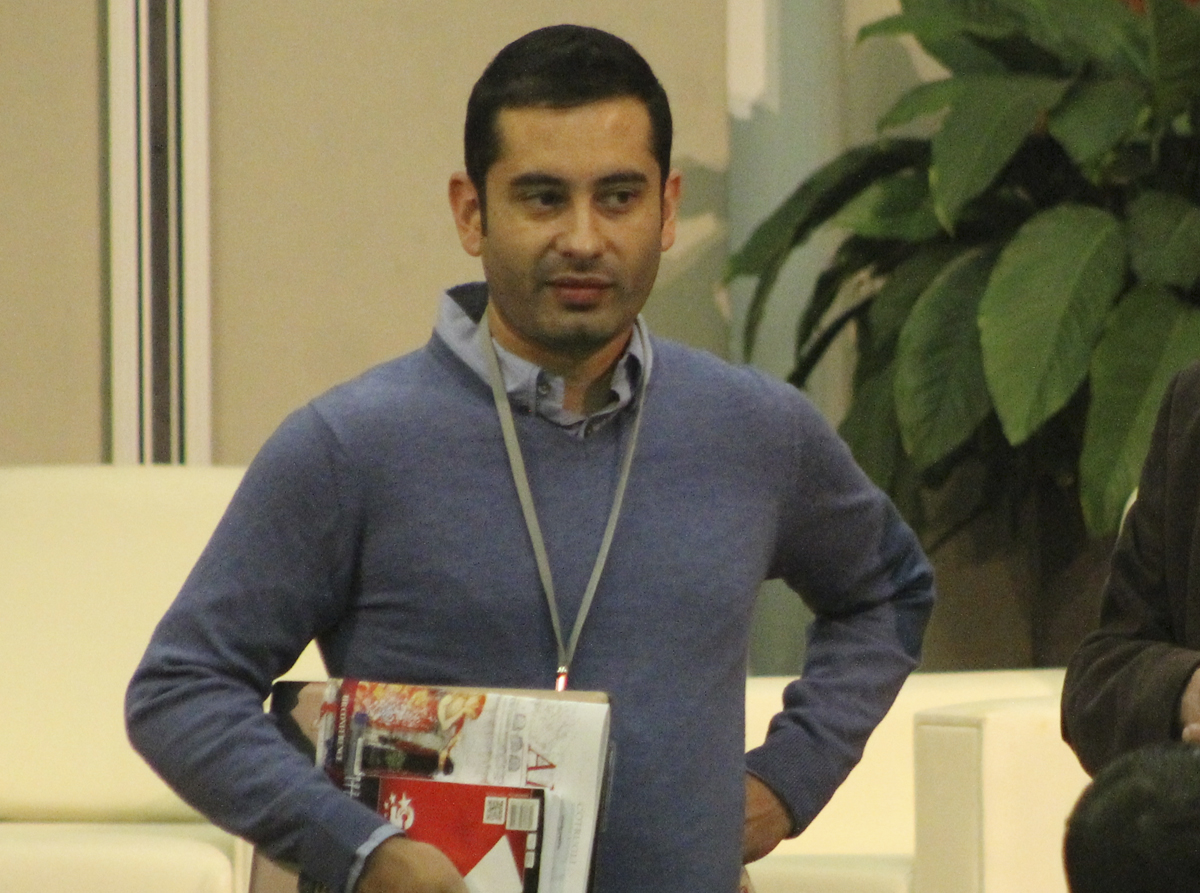Effective HR is a much an art as a science, but in recent years there has been a greater focus on the science. Not a week passes by without new studies cropping up on the use of data in HR and how important data (and science) is for HR to have influence at top.
Of course data and evidence – based HR is important. After all, it’s the language the C-suite often understands best. But good people practices should not be a slave to data and lose sight of what HR does well. The ARTof.HR Conference in Dubrovnik was positioned as a platform for the artistic side of HR to flourish, for the focus to shift away from science and onto art.
To a certain degree it achieved this, there were some wonderful sessions on the value of a sensual company, and how creating a fun environment at work can improve employees’ performance.
However, the more important lesson was that good HR is combination of both art and science – they work hand – in – hand. There is an element of intuition, people skills and creativity required in HR that is different to most other functions, but vitally important to business.
Key message from the event, included the importance of agility and being able to adapt to change quickly: that leadership is ineffective and a new model is required that focuses less on short-term results and more on how to enable and empower employees: and the important role HR plays in marrying talent, culture and leadership.
None of this is particularly new, but framing in through an artistic lens merely emphasises how multi – faceted HR is and the importance of artistic traits such as creativity, intuition, innovation and passion.It reinforces how HR needs to strike the right balance of being activist, adaptable and plugged into the rest of business.
Importantly, HR needs to challenge, or be ‘braver’, as one speaker suggested. Aside from the key learnings, what really struck me about conference was the 350 plus delegates, most of whom were from Eastern Europe. The UK is well known for being leader in human resources, but there is a lot that can be learnt from other countries.
HR needs to challenge, or be ‘braver’, as one speaker suggested. Aside from the key learnings, what really struck me about conference was the 350 plus delegates, most of whom were from Eastern Europe. The UK is well known for being leader in human resources, but there is a lot that can be learnt from other countries.
The attendees I met were intelligent, switched on and, as one of the keynote speakers told me in private, some of the most attentive and engaged people he has ever presented to.
This sugers well for HR in general and it s my hope that the ARTof.HR conference will continue to provide a valuable counter weight to the science.
SOURCE: Arvind Hickman / hrmagazine.co.uk

